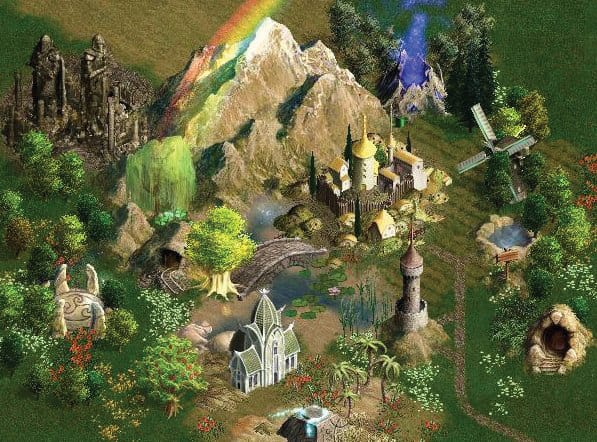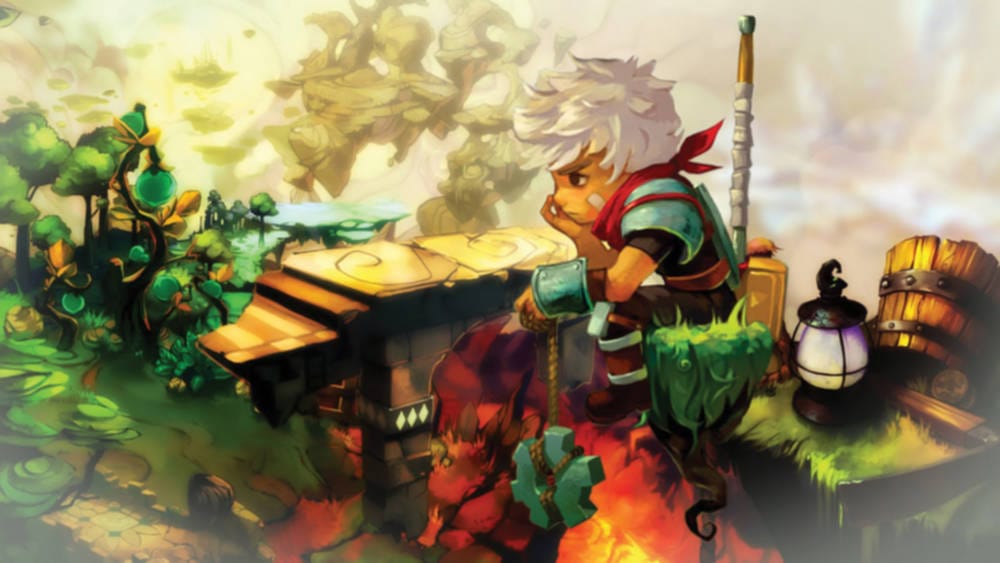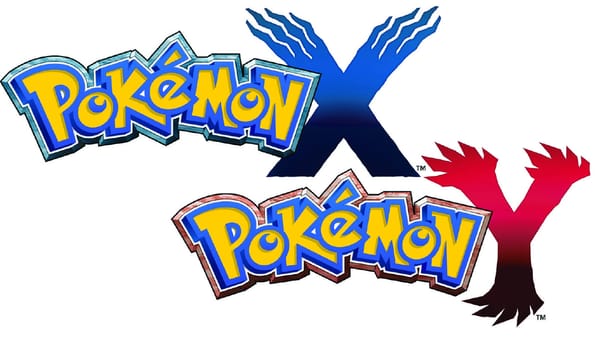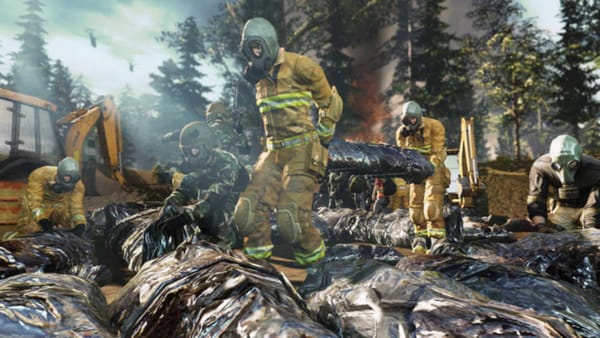Steam sales pseudo-soliloquy
Pietro Aronica on “My Restraint” with foreword by Jeremy Pac-man

If you are a student at Imperial College, then there is a reasonable chance that you play video games, possibly on a PC. If you do, then you’ll most likely be familiar with Steam, but if not, let me sum it up for you: it’s like a vacuum cleaner for money. Specifically, my money, and the money of thousands of others who would never think to play certain titles if they weren’t sold at extremely slashed prices. Steam is a program for the digital distribution of games that will often pop up with offers and sales and whatnot for titles that look interesting and cost half, a quarter, a tenth of their original price. Might as well, right? Twenty might-as-wells later, you have a full library of games, full afternoons and evenings from here till the next Steam sale, and a much emptier wallet.
I used to mock women. “Silly women!” I would say (incidentally, I’m not very good with girls). “Silly women,” I would repeat, “What pleasure do they derive from shopping, from hunting bargains on shoes and blouses and dresses that they buy more for the price than for their actual utility? They are worn once, and then left in some wardrobe, and they complain they never have enough. Such a waste of money!” Well, I now understand. For them, it may be clothes, but for me, it’s the cheap, intriguing, only-a-click-away games that Steam offers me.
So last year, I drew the line. I looked at the list of games in my library, and saw that most were unfinished, some not even installed, and vowed to not be tempted by sales or offers until I reached the conclusion, or equally satisfying degree of mastery with the games, of all of them. That would be my resolution for the new year.
I started with Bastion, the game that prompted my change of policy on falling for Steam’s tricks, and finished it in a couple of weeks. It’s an isometric brawler where you control some dude going around smashing stuff and finding more about this forsaken world you live in. Though I make it sound simplistic, it is in fact very deep and engaging, and some of the most satisfying combat manoeuvres I’ve ever pulled were with this game.
I then had to tackle Oblivion, the Eater of Time. In my folly, I had purchased the super ultra deluxe collector’s limited edition, with a bunch more missions and an entire extra region. Though I usually try to finish all games in their entirety, I had to drastically reconsider my definition of completion, or I would get mired in endless fetch quests. I powered through the main missions, which were monumentally disappointing: virtually indistinguishable from the other quests, they had more scripted scenes and a bombastic tone that failed to deliver. I didn’t really believe we were all going to die at the hand of a demon any moment now, when I’d spent the last in-game month running errands for various people. It was a problem of Morrowind before it, and I suspect of Skyrim as well, though I haven’t played it. A greater sense of urgency would help with the narrative.

I then finished Mass Effect, which had been in my library for years and which I went through in a couple of hours when I managed to tear myself from the preconception that I should go for 100% completion. It is a hard habit to kick, though: both Assassin’s Creed II and Far Cry II are still in need of some more playing, despite the fact that it would take maybe a day at most. It’s those damn collectibles: pointless, idiotic baubles that are infuriatingly hard to find and add nothing. If I don’t retrieve them all, my OCD tendencies will twitch; if I do by looking at an online walkthrough, I’ll grumble at myself for giving up; if I actually manage to find them all, I’ll cry at how I was manipulated and how much time I wasted.
Age of Wonders came next, a criminally underrated series of turn-based, fantasy strategy games. The second title and its standalone expansion, Shadow Magic, are complex, interesting and at times very funny; less finicky than the Civilization series, with more visceral combat and a greater emphasis on fighting than empire-building, I think they are among the best of the genre.
I then moved onto a Aquaria, a 2D Metroidvania sort of game, where you wander in an immense map defeating enemies, solving puzzles and acquiring new powers that let you go to different parts of the map. It’s interesting and challenging, but its save system is punitive and the ending is an infuriating (Spoiler Alert) “To Be Continued” that was never continued, so make of that what you will.
Torchlight followed, aka Diablo with WoW graphics, a cute enough game to keep me busy for a bunch of hours. After it, I finished S.T.A.L.K.E.R. Shadow of Chernobyl, a gritty, depressing, tough shooter that will bring you from looting corpses in grey and abandoned power plants to fleeing monstrous mutants in grey and abandoned warehouses. I still liked it: it’s immersive and atmospheric and a nice change from games in which you are a superpowered machine of destruction, with infinite bullets and regenerating health. I wouldn’t play it for too long, though, as getting eaten by ravenous dogs while evading bullets and trying to dodge the radiation zones becomes pretty grim after a while.
With this, I reached the end of the year, but by no means the end of the Steam library. I have many more left to finish, many realms to save, many enemies to shoot, many goddamned collectibles to find: who’d knew that being a gamer would be so hard?
Games Editor’s note – if anyone wants to gift Steam games to prolongPietro’s torment, please do. Let me know, and I’ll send you his details, and in return, you’ll get a death warrant signed by the man himself.








